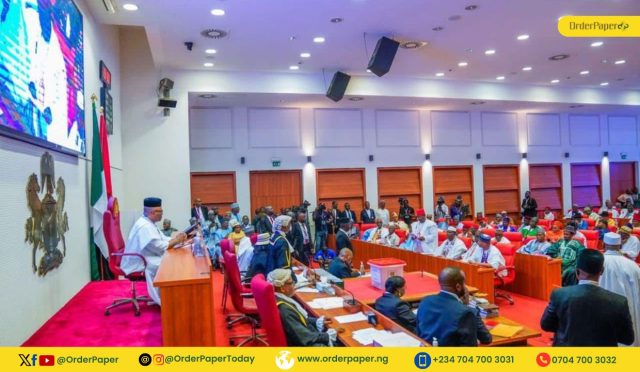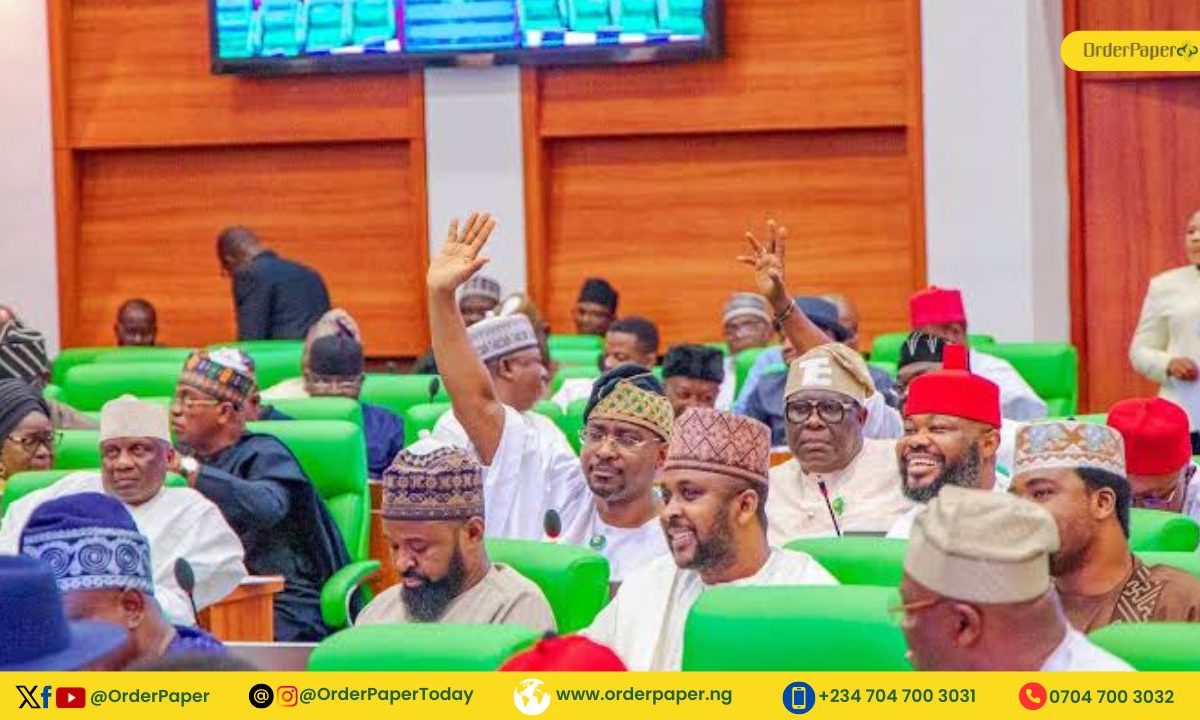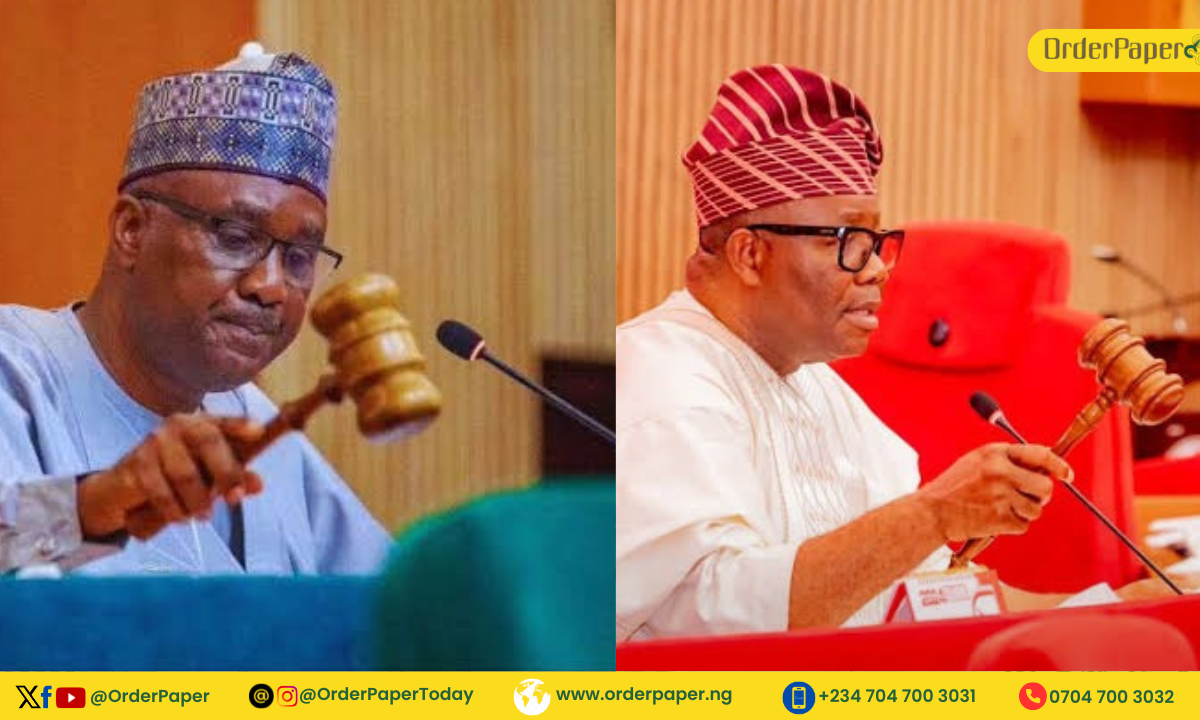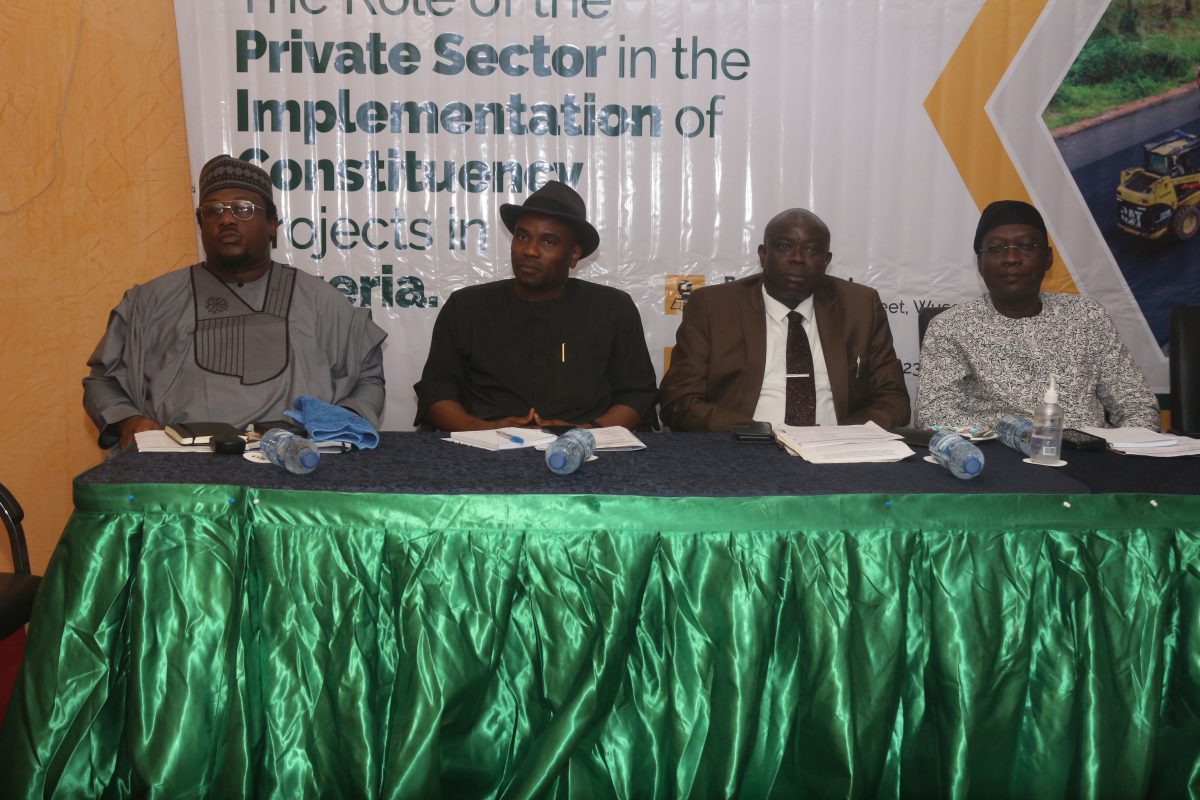The proposed increase in the minimum wage is part of the federal government’s short-term measure to mitigate the hardship situation in the country.

The Senate and House of Representatives have passed the national minimum wage bill seeking to increase the lowest wage from N30,000 to N70,000 and to reduce the time for periodic review of the from five years to three years.
The passage of the bill followed the first, second and third reading of the bill during Tuesday’s plenary at both chambers.
Earlier, President Bola Ahmed Tinubu had sent a letter to both chanbers, requesting the consideration and passage of the bill.
The letter read, “I forward herewith the Minimum Wage Bill 2024 for consideration and passage by the Senate. The bill is to prescribe a national minimum wage and also provide a legal framework for the seamless review of the national minimum wage and for other purposes connected therewith.”
In his lead debate, Leader of the Senate, Senator Opeyemi Bamidele (APC, Ekiti Central) noted that the proposed increase in the minimum wage is a part of the government’s short-term measure to mitigate hardship in the country as efforts are being made to bring about long-term solutions that would align with the yearnings and aspirations of Nigeriars and bring succour to the country, generally.
“You will recall, Mr. President, that in recent time, a plethora of agitations and clamour have been recorded from organised labour and other segments of our society, for increase in the national minimum wage in view of the prevailing economic situation in the country. In response to the agitations and after series of negotiations between the Federal Government and the Organised Labour, the current national minimum wage of N30,000 only has been reviewed upward to the sum of N70,000 only.
“I hereby urge you all to support the quick passage of this Bill as its passage is sacrosanct to the socio-economic and political wellbeing of this country.”
READ ALSO: LIFE This Week: Minimum wage and the fuss over Dangote refinery
The President of the Senate, Godswill Akpabio, thereafter committed the bill into the committee of the whole for immediate consideration which led to its subsequent passage.
The new minimum wage
The Trade Union Congress (TUC) and the Nigeria Labour Congress (NLC) have both occasionally urged President Bola Tinubu‘s administration to expedite the upward review of salary awards. The wage increase is in order to help workers deal with the country’s various economic realities and high cost of living. The labour unions bemoaned that not all governors were paying the current wage award, which expired in April, five years after former President Muhammadu Buhari signed the minimum wage Act of 2019, claiming that the current minimum wage of N30,000 could no longer support the well-being of the average Nigerian worker. Every five years, the Act is to be revised in order to ensure that it still meets the modern economic needs of workers. The unions maintained that the typical Nigerian worker’s cost of living has increased due to inflation, pointing out that state governors are able to pay all public employees since the Revenue Mobilisation allotment and Fiscal Commission (RMAFC) has increased their monthly revenue allotment.



